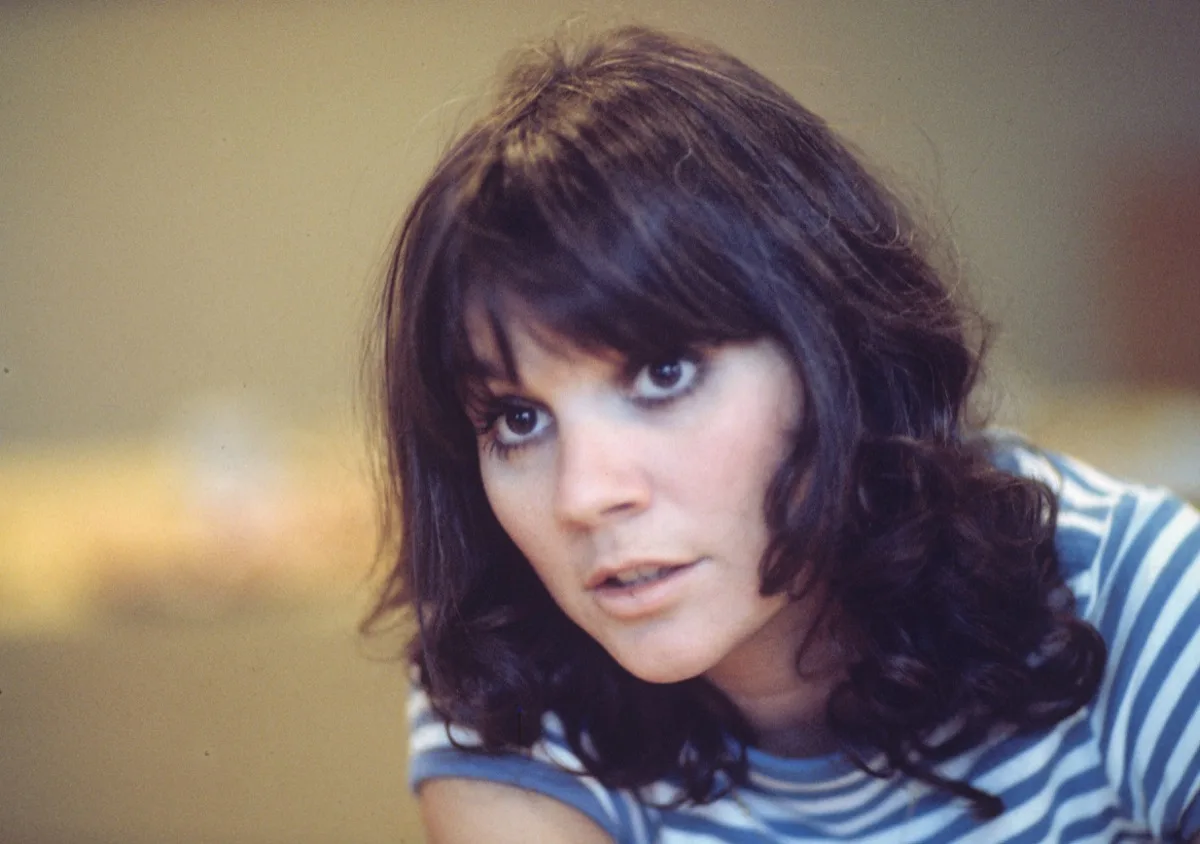
A Lament for the Weary Soul: A Voice that Offers Solace to the Restless Heart
When Linda Ronstadt lent her voice to “Desperado”, included on her 1973 album “Don’t Cry Now”, she did more than interpret a song—she inhabited it. Though never released as a commercial single and thus absent from the Billboard charts, her rendition of this Eagles ballad would go on to become one of its most emotionally resonant incarnations, quietly enduring in the annals of American music as a definitive expression of vulnerability, compassion, and quiet strength. Originally written by Don Henley and Glenn Frey, “Desperado” first appeared on the Eagles’ 1973 concept album of the same name. Yet it was Ronstadt, a close friend and early champion of the band, who imbued it with a kind of aching tenderness that only she could deliver.
At its heart, “Desperado” is a song about emotional exile—a quiet plea to those who armor themselves against love and connection. In the lyrics lies the story of a lone figure: hardened by life, romanticized by myth, but slowly unraveling under the weight of solitude. “You better let somebody love you before it’s too late,” the song implores—not as a demand, but as a gentle reckoning. When Ronstadt sings these words, they cease to be advice and become an act of mercy.
Her interpretation strips away any trace of machismo or bravado. Where the Eagles’ original version carries with it the dusty solemnity of Western folklore—part outlaw tale, part internal monologue—Ronstadt reimagines “Desperado” as an intimate confession. Her voice does not reach outward in search of admiration; instead, it folds inward, creating space for empathy. She becomes both narrator and witness—recognizing the wounds behind stoicism and giving voice to what often goes unspoken in men: longing, fear, regret.
This deeply personal reading is enhanced by Peter Asher’s understated production. The arrangement is spare—piano-led and melancholic—but never inert. It gives Ronstadt room to breathe, to linger on each phrase until it resonates like a bell tolling across an empty plain. Her phrasing is exquisite: soft but firm, mournful but unsentimental. The way she hovers over words like “freedom” or “fences” suggests not just lyrical interpretation but existential understanding.
In choosing to cover “Desperado,” Ronstadt wasn’t simply honoring friends or riding coattails—she was drawing from a wellspring of kindred spirit. Her artistry lies in her uncanny ability to locate the emotional epicenter of any song she touches. Here, she doesn’t just sing about loneliness; she extends her hand to it.
In an era when female voices were often constrained by convention or pigeonholed into genre boxes, Ronstadt carved out her own space—one defined by intelligence, emotional depth, and interpretive brilliance. “Desperado” stands among her most haunting performances: a reminder that even outlaws—and perhaps especially outlaws—need to be seen, heard, and ultimately loved.
Time may pass and trends may shift, but this rendition remains timeless. It is less a cover than an invocation—a torch carried through darkness for those who no longer believe they deserve light.